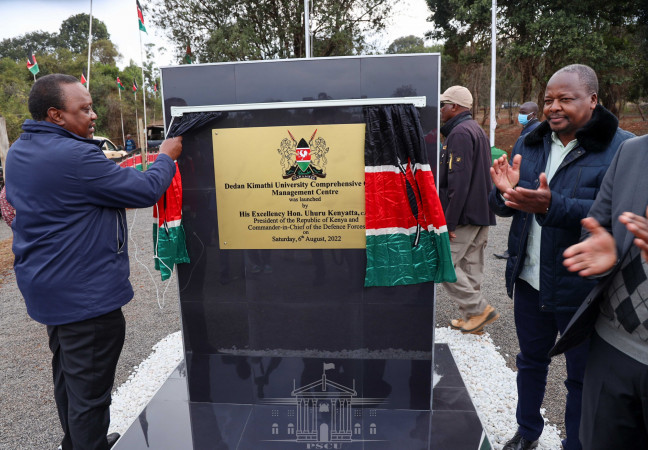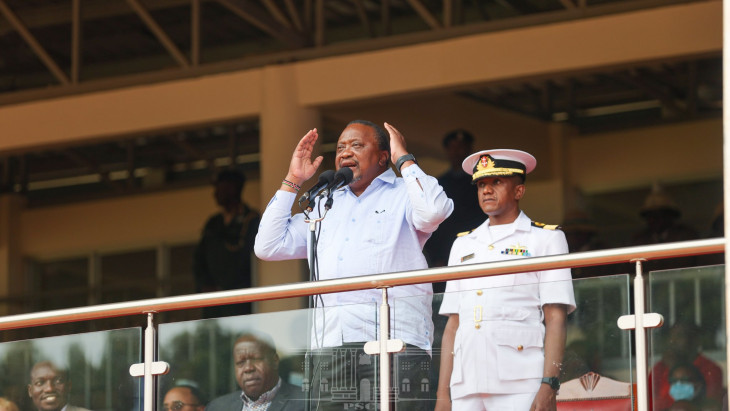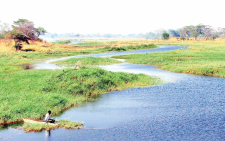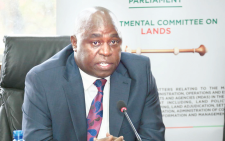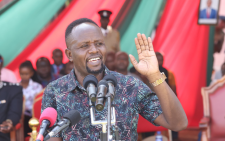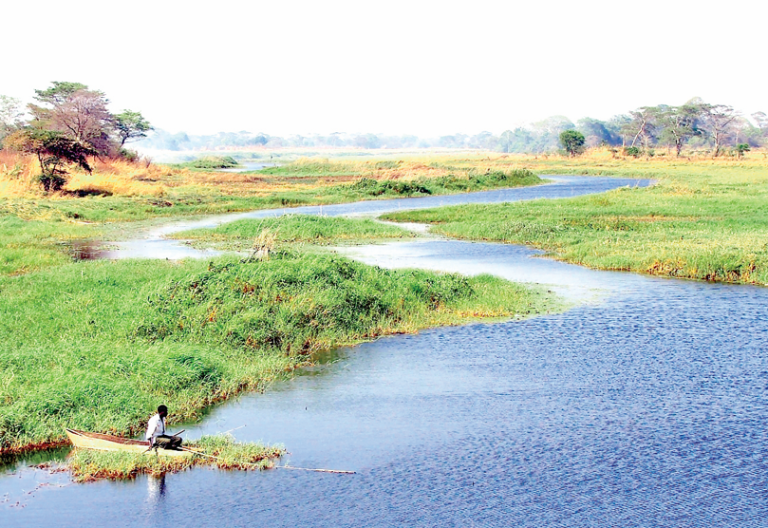Desks project a misplaced priority, educationists say
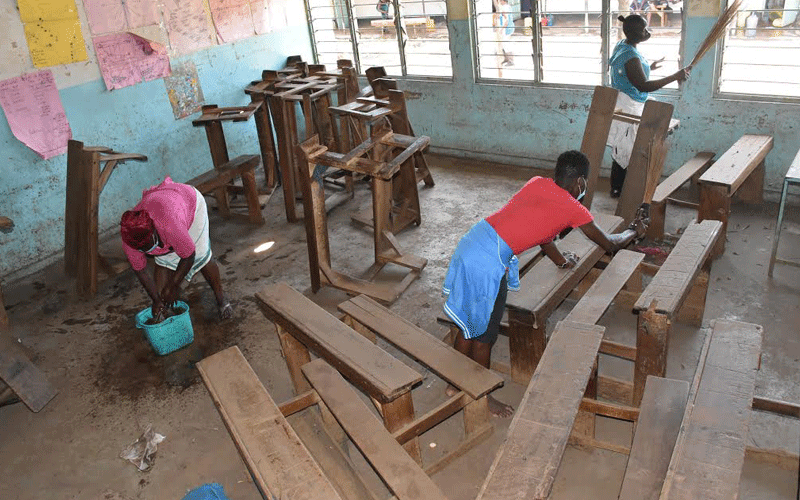
Mathew Ndung’u, Noven Owiti and Douglas Dindi
Confusion on when exactly schools will be reopened continues after President Uhuru Kenyatta failed to give a definite timeline last week.
The president, during a meeting to review the impact of the phased re-opening of the economy amid a surge in Covid-19 infections, maintained that schools will only be reopened when the safety of learners is fully guaranteed.
A spot check by Scholar in various schools across the country reveals that some schools may require miraculous interventions if learners are to resume physical classes.
It has emerged that most schools do not have the capacity to accommodate all learners and still observe the social distancing protocol.
Mwiki Primary School in Ruiru is one of the schools that paint a grim picture of the situation at hand.
The school, which enjoys a population of 3,600 pupils and 71 teachers will require at least 140 new classrooms to meet the new Ministry of Education guidelines of having between 15 and 20 learners per class.
The school headteacher Joseph Kamau says the institution only has 41 classrooms, it’s football pitch land notwithstanding.
“It will not be practical to have all the pupils back in school in the current state of the school. We will either teach in shifts or do away with some classes,” he said.
Expected student influx
The primary school is the only public learning institution in Mwiki sub-location among 37 private schools, 60 per cent of which have since the onset of Covid-19 been turned into rental houses making them unlikely to admit learners when schools reopen.
“We expect a huge influx of pupils now raising our population from 3,600 to more than 4,000 if our predictions materialise,” he said.
Despite the challenges, the institution has put in place commendable hygiene measures ranging from erection of handwashing units, clean water taps and two major water boreholes that will guarantee continuous supply of water.
Mwiki Primary School potrays the image of many run-down public primary and secondary schools across the country, most of which are short of enough classrooms, lavatories, clean drinking water and teaching personnel.
The derelict status of learning institutions emerged even as teachers made a nostalgic return to schools in preparations for the unspecified gradual reopening.
Meanwhile, the Ministry of Education is procuring desks for schools under the Sh1.9 billion Economic Stimulus Programme to enable social distancing by learners in the face of Covid-19.
Though stakeholders have welcomed the desks procurement exercise, they are raising concerns over the status of other key infrastructure in most of the learning institutions.
Teachers and union officials who spoke to Scholar underscored the need for the ministry to give priority to the development of schools infrastructure before embarking on the desks project.
According to the education actors, reopening of schools under Covid-19 regulations will require additional classrooms and other facilities to take care of the learners other than just desks.
Homa Bay county Kenya National Union of Teachers (Knut) chairman Patrick Were expresses doubt over the intended objective of the desks project.
Were questions whether the government really carried out a needs assessment for the beneficiaries to ascertain their most immediate needs that are in tandem with the preparation for schools reopening.
“The desks are not a priority for schools reopening going by the infrastructural needs institutions have. How do you issue desks to schools without classrooms?” he asked.
Facilities in bad shape
Similarly, the Knut official says that most school facilities are in bad shape with very few having running water among other Covid-19 handling equipment, such as thermo guns, masks and Personal Protective Equipment.
“We also challenge the government to come clean on the procedure of identifying target schools, the tendering process and specifications if the desks have to be issued to schools,” adds Were.
Kisumu’s Pandpieri Primary head teacher, Veronica Otieno, says they are hoping the ministry will deliver the desks in time to help schools cope with the Ministry of Health laid down Covid protocols for reopening.
“Our school was accessed based on the infrastructural needs and we are optimistic it will fall among the beneficiaries for the desk project. For us, the shortfall in the number of desks is huge,” she says.
Her Victoria Primary School counterpart Edward Omala points out that several institutions will struggle to meet the Covid-19 safety regulations, particularly observing physical distance due to overstretched classrooms.
“The desk project implementation though well-intended should have taken cognisant of the pressing needs various schools may be having that require immediate solutions,” said Omala.
The programme, targeting local artisans will see about 622,367 desks, lockers delivered to selected 15 public schools in each sub-county.
Parents on the other hand remain sceptical about the entire exercise demanding clarity on the issue of school term and fees payment.
They also fear that weaker students would be disadvantaged in an arrangement where it is expected that all would transit to the next class next year.
Retired Kakamega county Secondary Schools Heads Association chairman Augustine Oware termed sooner reopening Cf schools a welcome relief for students.
Learning, he observed, is expected to be a continuous process as on the flipside, a disruption to schooling should not take longer that nine months.
He says the government has a perfect opportunity to align the education calendar for basic learning institution to the financial year and erase challenges of delayed disbursement of capitation to schools.
